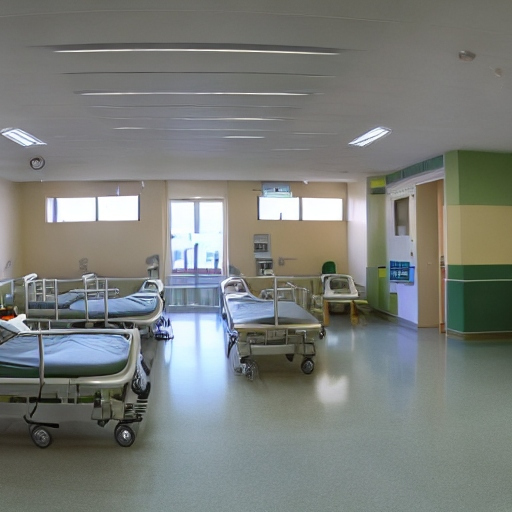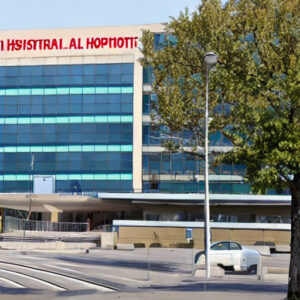Understanding Colon Cancer: Causes, Symptoms, and Treatment
Colon cancer, also known as colorectal cancer, is a type of cancer that begins in the colon or rectum. It is one of the most common types of cancer worldwide, with significant morbidity and mortality rates. Understanding the causes, symptoms, and treatment options for colon cancer is crucial for early detection and effective management of the disease.
Causes:
The exact cause of colon cancer is not fully understood, but several risk factors have been identified. These include:
- Age: Colon cancer is more common in individuals over the age of 50, although it can occur at any age.
- Family history: People with a family history of colon cancer or polyps are at higher risk.
- Inflammatory bowel disease: Conditions such as Crohn’s disease and ulcerative colitis increase the risk of developing colon cancer.
- Lifestyle factors: Poor diet, lack of physical activity, obesity, smoking, and heavy alcohol consumption are associated with an increased risk of colon cancer.
- Genetic mutations: Certain genetic syndromes, such as Lynch syndrome and familial adenomatous polyposis (FAP), can predispose individuals to colon cancer.
Symptoms:
Colon cancer often presents with subtle or nonspecific symptoms, especially in the early stages. However, as the disease progresses, symptoms may become more noticeable. Common symptoms of colon cancer include:
- Changes in bowel habits, such as diarrhea, constipation, or a change in stool consistency.
- Rectal bleeding or blood in the stool.
- Abdominal pain or cramping.
- Unexplained weight loss.
- Fatigue or weakness.
- Persistent urge to have a bowel movement, even after emptying the bowel.
Treatment:
Treatment for colon cancer depends on various factors, including the stage of the cancer, the patient’s overall health, and personal preferences. Treatment options may include:
- Surgery: The primary treatment for early-stage colon cancer involves surgical removal of the tumor and surrounding tissues. In some cases, minimally invasive techniques such as laparoscopic surgery may be used.
- Chemotherapy: Chemotherapy may be recommended before or after surgery to destroy cancer cells and prevent recurrence.
- Radiation therapy: Radiation therapy uses high-energy beams to target and destroy cancer cells. It may be used in combination with surgery or chemotherapy for advanced-stage colon cancer.
- Targeted therapy: Targeted therapy drugs specifically target cancer cells, often with fewer side effects than traditional chemotherapy.
- Immunotherapy: Immunotherapy works by stimulating the body’s immune system to recognize and attack cancer cells. It is being studied as a potential treatment option for colon cancer.
Prevention:
While not all cases of colon cancer can be prevented, certain lifestyle modifications and screening tests can help reduce the risk:
- Maintain a healthy weight through regular exercise and a balanced diet rich in fruits, vegetables, and whole grains.
- Limit consumption of red and processed meats.
- Quit smoking and avoid heavy alcohol consumption.
- Undergo regular screening tests, such as colonoscopy, starting at age 50 (or earlier if there is a family history of colon cancer or other risk factors).
In conclusion, colon cancer is a significant health concern that requires awareness, early detection, and timely intervention. By understanding the risk factors, symptoms, and available treatment options, individuals can take proactive steps to reduce their risk of developing colon cancer and improve their chances of a favorable outcom














Yorum gönder